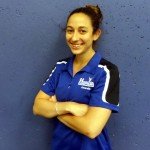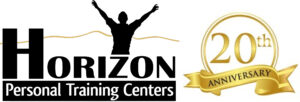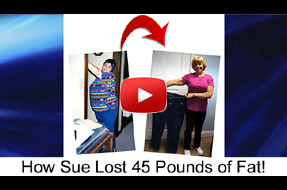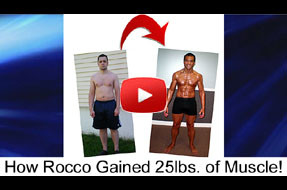No Pain, No Gain?
Advice from our Personal Trainer, CT on How to Differentiate Muscle Soreness from an Injury
Our CT personal trainer says, “Starting a new program or coming back to the gym after a long break can cause you to have post-exercise muscle soreness due to the new stress on your joints or muscles.” She goes on to explain, “Even if you have been doing the routine a few times, you can still get soreness from additional stress or weight in your exercise. Frequently you will hear phrases like ‘no pain, no gain’ or ‘push through the pain’ from your personal trainer or workout buddy to try and motivate you. While these phrases can be helpful and true, there is a line between muscle soreness and injury pain which you should not push through, and not everyone can tell the difference between the two.”
Everyone has their own motivation that brings them into the gym for a workout routine, and many times during or after a workout you will hear people complain of soreness or pain.
Our CT personal trainer explains, “People who work out regularly are not immune to muscle soreness, but they also may be better equipped to know when something is an injury, versus a new workout that isn’t familiar to you and is causing soreness.”
So, what is the difference, and how do we know how to tell?
Our personal trainer in CT says, “There are a few things that can help you determine if you need a few days off, or more, because a muscle or tendon or bone is actually injured, or if you just need to help your body recover from a tough workout.”
“If you are experiencing soreness,” our CT personal trainer continues, “it usually is accompanied by an achy, stiff or tight feeling in your joints and muscles when you move after a long period of being in the same position. This feeling is also usually spread over a larger muscle group, or even multiple muscle groups. When you are still performing the workout, a burning feeling is normal when your muscles are put under more tension than they are usually accustomed to. If there is an underlying injury behind what you are feeling, generally you will experience sharp or stabbing pains that are localized to a more specific spot.”
She says, “Other hints that tell you there is something more going on is if you notice swelling in the area, and the swelling or pain lasts longer than a few days. Muscle soreness due to overuse, or a new workout, on average, can last between one to three days.”
Our personal trainer in CT states, “Furthermore, your soreness will usually peak around the 36-hour mark and then it should reduce dramatically. So, if these feelings are lingering for much longer than that, you may want to look further into it and see a medical professional. You know your body better than anyone else, so follow your intuition, and if you think something is wrong, don’t push through it.”
If it is actual soreness, you can help alleviate it from foam rolling or light stretching, which will help to circulate blood to the damaged tissue.
Our personal trainer in CT goes on to say, “If you aren’t sure if what you are experiencing is soreness or injury pain, ask your trainer. They can help you narrow down what exactly you are feeling and if you should see a doctor. Catching an injury early can be key for quick recovery.”
“Also, just because you have an injury doesn’t mean your entire exercise routine is ruined. You can work together with your trainer and doctor to avoid further exacerbating the injury and work on strengthening other muscle groups.”
Pain doesn’t always mean you are making gains!!

Amanda is a leading success coach and personal trainer at Horizon Personal Training in CT. She is a certified Performance Enhancement Specialist through the National Academy of Sports Medicine and a Certified Speed Specialist by the National Association of Speed and Explosion! To learn more about Amanda and our other trainers here at Horizon, please go to www.horizonpersonaltraining.com.





